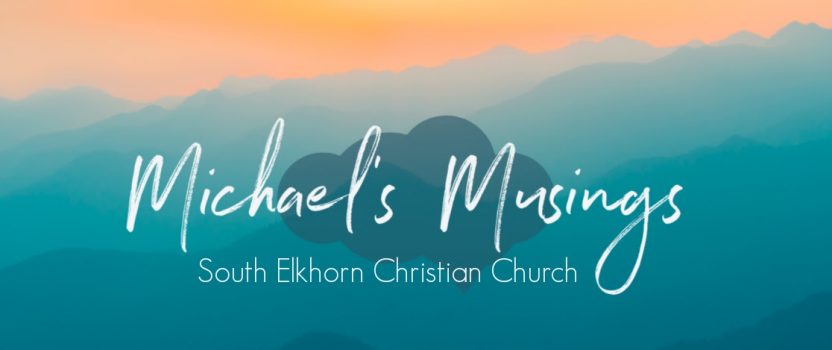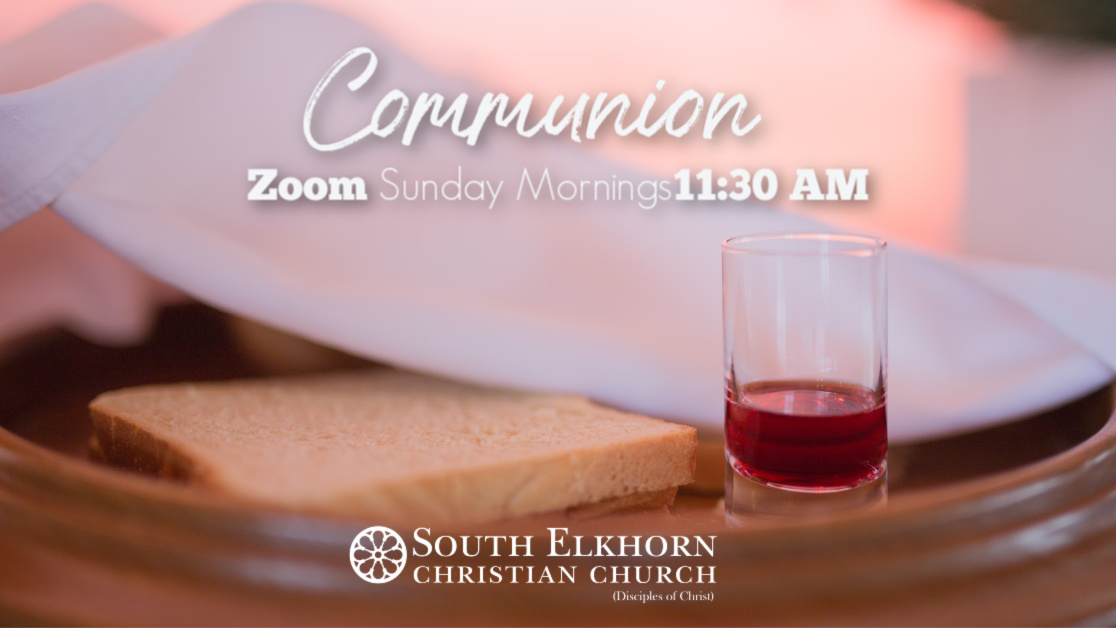Excarnation
You don’t just have a body. You are a body.
And bodies matter to God. So much so that God “became flesh” in Christ and lived among us (the “incarnation”). So much so that God raised Christ’s body. So much so that when Christ was raised and appeared to the disciples and to Thomas he showed them his scarred body–his hands and his side.
Bodies matter to God. And in Christ God embraces and relates to who we are as embodied creatures.
So how’s your body doing?
The dark side of “physical distancing” is not only the social isolation and spiritual disconnection, but the way in which we might distance ourselves from our physical bodies… anxiety-induced neglect or even abuse.
Perhaps you’ve noticed this in yourself or in others…
We might drink to cope with the stress.
Or eat out of boredom.
Our stay-at-home life might lead to an irregular schedule and our sleep is inconsistent at best.
We don’t do much to exercise our bodies.
We zoom, scroll, binge and browse without end until our eyes are strained, our heads are aching, and our sleep is deprived…
With so much to worry about our bodies recede or evaporate from our attention. We have to source toilet paper, work from home, apply for unemployment, teach school-age children and learn new apps…
And the memes point it all out in jest, papering over the pain that remains.
When we’ve stopped paying attention to our bodies and started sacrificing them to our fear, anxiety, and uncertainty… well, that’s the opposite of incarnation. That is excarnation: a leaving of the body.
Of course, we can’t really leave our bodies–all that ignoring, neglecting and abusing eventually catches back up with us.
Maybe you’re beginning to feel that, too.
I am.
What we need is an incarnation–a return to our bodies and what our bodies need: rest, nourishment, stillness, sleep, hydration, exercise, a routine. None of that is elaborate, complicated or impossible. But it is intentional.
And it’s okay that we’ve been thrown off. That we’re grieving what we’ve lost and left behind. It’s okay that we aren’t at our best either–all the stress and slow-motion social trauma doesn’t position us to be healthy, happy, and whole. We don’t need to pretend we are.
So, no, we don’t need to make this time into some productive super-moment… we don’t need to learn a new language, conquer a cookbook, or quilt a blanket.
But we do need to pay attention to our grieving, aching, fatigued, and God-loved bodies. We do need to tend to our bodies, especially during this time of stress, anxiety and slow-motion trauma.You will have to put down the glass, the bag, the phone, and the remote… and listen to really do so.
Pause. Pray. Listen.
(Perhaps a prayer discipline like Ignatian Contemplation will help. Here’s the guide I use.)
Your body matters to God. And God is speaking a word, even a saving and healing word, in and through your body.
Join Christ in the incarnation–in returning to the very flesh God chooses, embraces and loves into new life.
See you (digitally) Sunday,
See you (digitally) Easter Sunday,

PS – Your invited to join me for Communion by Zoom on Sunday at 11:30 AM (follow the directions here). Yes, it requires a screen. But it will also include the kind of slow down and pause our bodies need. It’s an invitation to spiritual healing through physical nourishment, and physical healing through spiritual nourishment. It is a reminder that we remain connected to Christ and to one another and can keep connected to our whole self, even in this time of physical isolation.
Worship each week with a digital liturgy: pause, pray, sing, reflect, and reconnect.
Digital liturgy is posted each weekend to South Elkhorn’s website and premiers on South Elkhorn’s Facebook page at 10:00AM on Sunday. You can also subscribe to the YouTube account where the videos go live.



